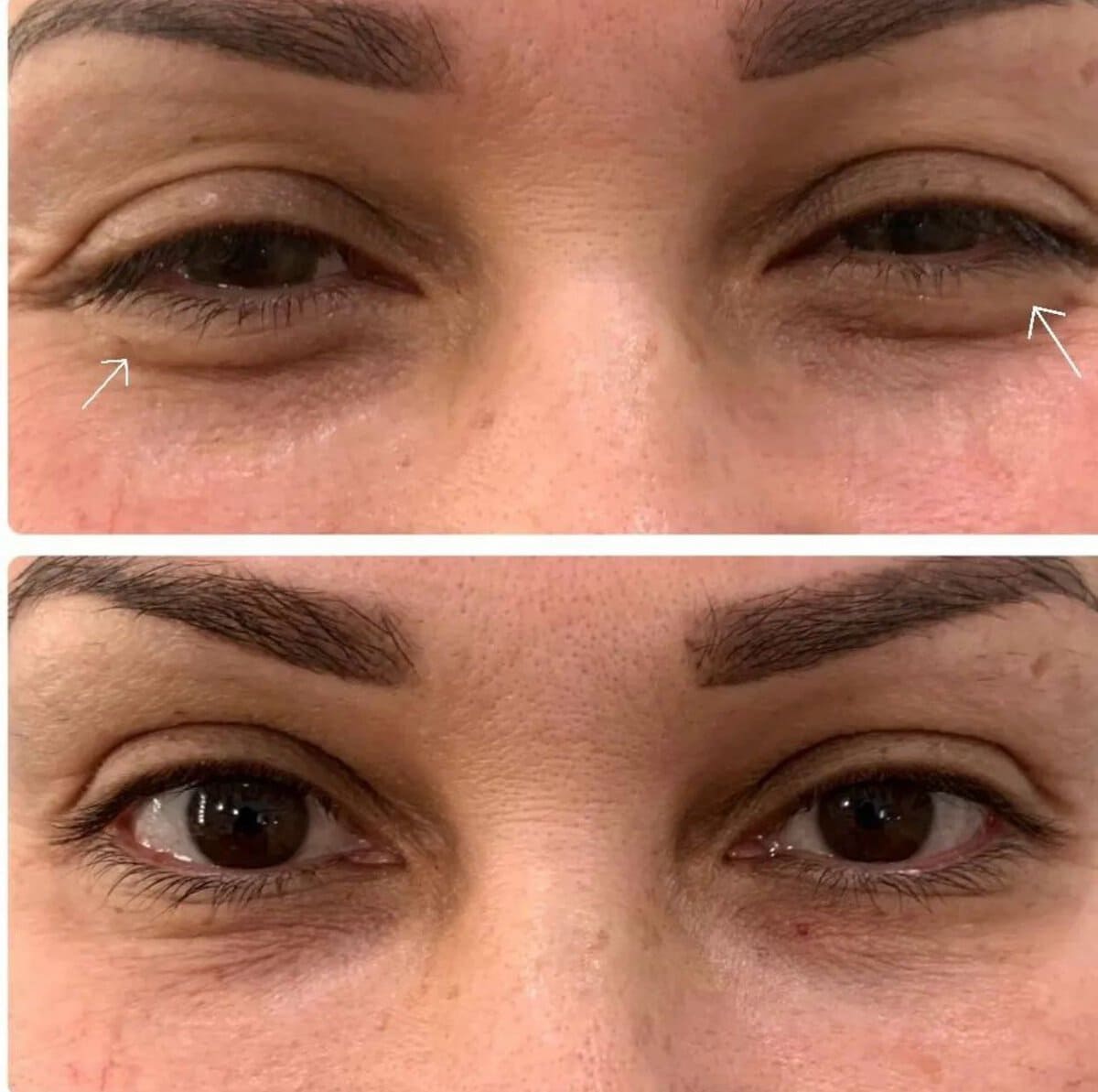In recent years, intravenous (IV) therapy treatments have gained popularity as a modern wellness trend. Celebrities, athletes, and health-conscious individuals have been raving about the benefits of IV therapy for various purposes, ranging from boosting energy levels to recovering from hangovers. But what exactly is IV therapy, and what is its efficacy? In this blog, we will explore IV therapy treatments and delve into the science behind them to understand their potential benefits and limitations.
Understanding IV Therapy
IV therapy involves the administration of fluids, vitamins, minerals, and other nutrients directly into the bloodstream through an intravenous line. This bypasses the digestive system, allowing for immediate absorption and utilization of these substances by the body. A qualified healthcare professional typically administers IV therapy in a clinical setting.
Common Types of IV Therapy
Various IV therapy treatments are available, each with a specific purpose. Some of the most common types of IV therapy include:
- Hydration Therapy: This type of IV therapy involves the administration of fluids to replenish the body’s fluid levels, especially in cases of dehydration caused by illness, excessive exercise, or alcohol consumption.
- Vitamin and Mineral Therapy: IV therapy can deliver high doses of vitamins and minerals directly into the bloodstream, bypassing the digestive system’s limitations. This can help boost nutrient levels, especially in individuals with deficiencies or malabsorption issues.
- Immune Support Therapy: IV therapy can also include immune-boosting substances, such as vitamin C and zinc, which are believed to support the immune system and help fight infections.
- Performance and Recovery Therapy: IV therapy treatments containing amino acids, antioxidants, and other nutrients are usually used by athletes to improve performance, speed up recovery, and reduce muscle soreness.
Potential Benefits of IV Therapy
Proponents of IV therapy claim that it can offer various benefits, including:
- Improved Hydration: IV hydration therapy can replenish fluids quickly and efficiently, making it an effective treatment for dehydration caused by illness, exercise, or alcohol consumption.
- Enhanced Nutrient Absorption: IV therapy bypasses the digestive system, allowing for the direct absorption of vitamins, minerals, and other nutrients into the bloodstream. This can be specifically beneficial for individuals with digestive issues or malabsorption problems.
- Increased Energy Levels: IV therapy treatments containing B vitamins and other energy-boosting nutrients are believed to help improve energy levels, especially in cases of fatigue or exhaustion.
- Enhanced Immune Function: IV therapy treatments with immune-boosting nutrients, such as vitamin C and zinc, support the immune system and help prevent infections.
- Quicker Recovery: IV therapy treatments containing amino acids, antioxidants, and other recovery-promoting substances help speed up recovery from strenuous exercise or illness, reduce muscle soreness, and improve overall performance.
Limitations and Risks of IV Therapy
While IV therapy treatments have gained popularity for their potential benefits, it’s essential to understand that they are not without limitations and risks. Some of the limitations and risks of IV therapy include the following:
- Lack of Scientific Evidence: Despite the anecdotal claims about the benefits of IV therapy, there is limited scientific evidence supporting its efficacy. Many of the studies on IV therapy are small in scale and have conflicting results, making it difficult to draw absolute conclusions about its effectiveness.
- Cost and Accessibility: IV therapy treatments can be pricey and may not be covered by insurance. Additionally, not all areas have easy access to IV therapy clinics, which can limit their availability for some individuals.
- Potential Risks and Complications: IV therapy, like any medical procedure, carries some risks and potential complications. If not properly monitored, these can include infection at the injection site, vein irritation, allergic reactions to the substances being administered, and electrolyte imbalances. It’s crucial to have IV therapy administered by a qualified healthcare professional in a clinical setting to minimize these risks.
- Overuse and Dependency: Some individuals may become overly reliant on IV therapy as a quick fix for various issues, such as hangovers or fatigue, leading to overuse and potential dependency. It’s essential to use IV therapy treatments judiciously and as part of a comprehensive healthcare plan rather than relying solely on them for long-term health management.
- Lack of Regulation: IV therapy is not regulated by the Food and Drug Administration (FDA) like medications or medical devices. This means that the safety, effectiveness, and quality of IV therapy treatments can vary widely. Conducting thorough research and choosing a reputable clinic with qualified healthcare professionals for IV therapy treatments is essential.
Who May Benefit from IV Therapy?
While the scientific evidence on IV therapy is limited, specific individuals may benefit. These may include:
- Individuals with Nutrient Deficiencies: IV therapy can benefit individuals with nutrient deficiencies or malabsorption issues, as it delivers vitamins, minerals, and other nutrients directly into the bloodstream, bypassing the digestive system’s limitations.
- Athletes and Fitness Enthusiasts: IV therapy treatments containing amino acids, antioxidants, and other recovery-promoting substances may benefit athletes and fitness enthusiasts looking to enhance performance, speed up recovery, and reduce muscle soreness.
- Individuals with Dehydration: IV hydration therapy can be helpful for individuals with dehydration caused by illness, excessive exercise, or alcohol consumption, as it replenishes fluids quickly and efficiently.
- Individuals with Weak Immune Systems: IV therapy treatments with immune-boosting nutrients, such as vitamin C and zinc, may benefit individuals with weak immune systems or those at risk of infections.
- Individuals Undergoing Medical Treatments: IV therapy may be used as a supportive treatment for individuals undergoing specific medical treatments, such as chemotherapy, where nutrient deficiencies and dehydration may occur.
Conclusion
IV therapy has become a popular wellness trend, but it’s crucial to approach it cautiously and make informed decisions. While there are potential benefits associated with IV therapy, such as improved hydration and nutrient absorption, it’s essential to consider the limited scientific evidence and potential risks. Therefore, choosing a reputable clinic with qualified healthcare professionals is crucial for IV therapy.
One such reputable clinic that offers IV therapy treatments is SkinFX Medical Spa. SkinFX Medical Spa is known for its top-quality aesthetic treatments and wellness services. With a team of experienced healthcare professionals, SkinFX Medical Spa provides IV therapy treatments in a safe and clinical environment, ensuring the highest safety and efficacy standards.
At SkinFX Medical Spa, you can expect personalized care and attention to your needs. The clinic offers a range of IV therapy treatments tailored to address different health concerns, including hydration, nutrient deficiencies, immune support, and recovery. The treatments are administered by qualified healthcare professionals who will assess your health condition and customize the IV therapy to meet your needs.
To learn more about the IV therapy treatments and other services offered at SkinFX Medical Spa, you can visit their clinic or schedule a consultation with their experienced team. Take a step towards enhancing your wellness journey with the trusted care of SkinFX Medical Spa.








